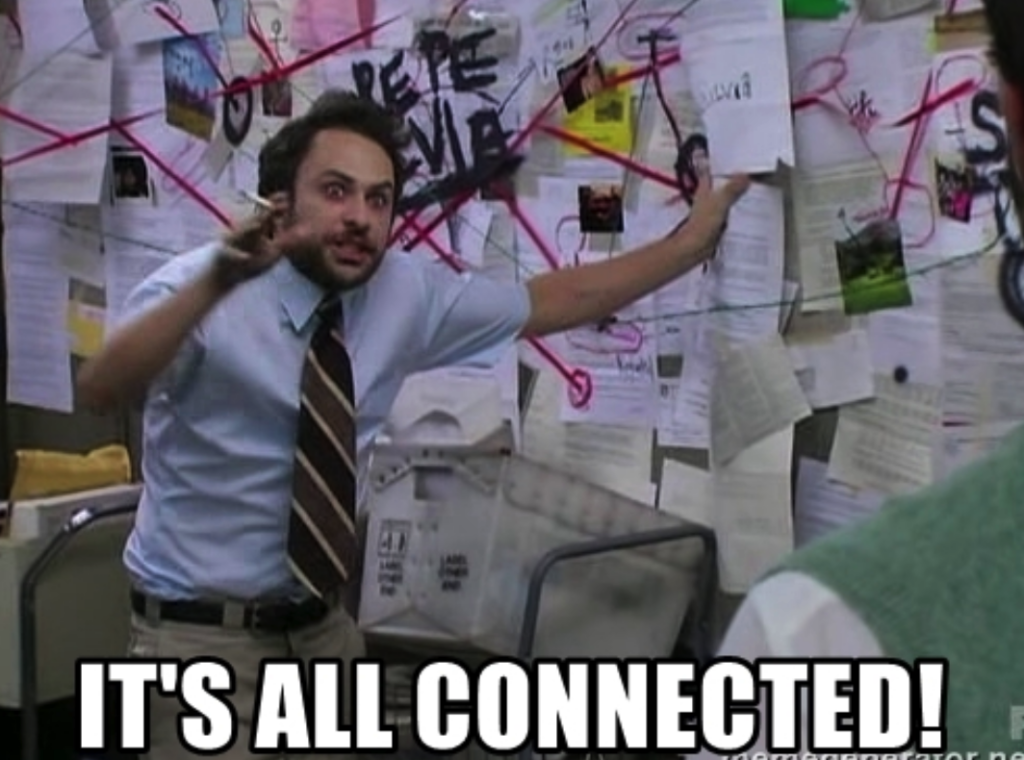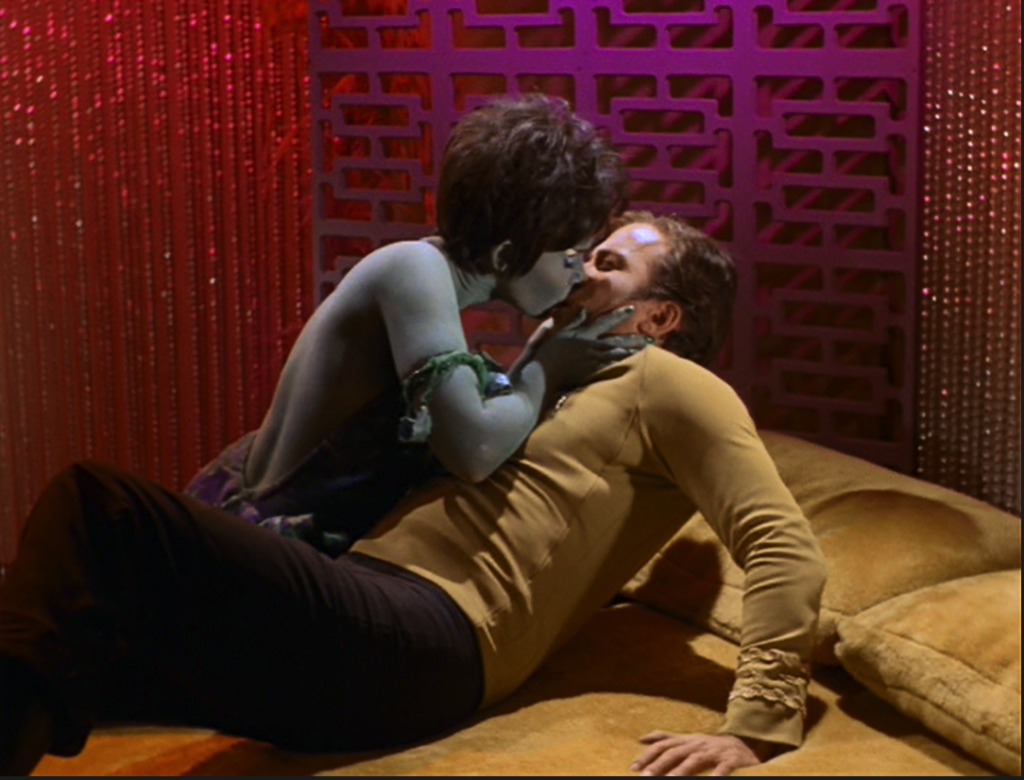Fast drafting is a technique that I have used successfully on quite a few books. What is fast drafting? Fast drafting is when we sit down and write a book within a given amount of time. It can be as short as two weeks, but I don’t recommend longer than six.
WHY, KRISTEN? WHY????
Many new authors slog through that first book, editing every word to perfection, revising, reworking, redoing…and they never finish. So they start another book and edit and nitpick and…don’t finish.
Wash, rinse, repeat…mildew.
When I used to be a part of critique groups, it was not at all uncommon to find writers who’d been working on the same book two, five, eight and even ten years.
I have been guilty myself…which is exactly WHY I fast draft.
Every time I’ve ever fast-drafted all the way to The END? I have published that book. Comes in handy when you’re also ghostwriter.
Conversely, every time I thought I was too smart and I didn’t NEED to fast-draft, I’ve stalled.
Those ‘bright ideas’ are all sitting in my Documents hanging out with the digital dust plot bunnies.
Fast, Slow & Author Process

Before anyone shouts me down, let me make this clear. HOW we write books is called ‘author process.’ When we are new, likely we’ll have to experiment.
Guess what? If you’ve never finished a novel, might be at least a good idea to emulate or learn from those who have. I learned from Candace Havens because she’s written, finished and published a gazillion books.
Seriously, click that hyperlink. Candy is amazing!
Great, maybe Kathryn Stockett, the author of The Help took five years and 62 revisions to get her story published. Awesome for her. And yes, her book was a runaway success, but this isn’t the norm. We are also now in a totally different publishing world.
This said. I don’t care if your writing process involves writing 100 words a day while wearing a unicorn outfit. Some people do super detailed outlines. Others write by the seat of their pants and are allergic to outlines.
If it works and you are finishing books? Who cares? I don’t.
So if you’ve tried fast-drafting and it doesn’t work, then fine. You at least gave it a try OR you know how to finish. I’m not talking to y’all. You’re set.
But for others, it might just be the key y’all need to break out of perfectionism.
Perfect is the enemy of the finished.
Fast Times in Indie Publishing

For those who want to make a living writing, here is the tough talk. If we keep perfecting and going back and revising and rewriting, then guess what? We are not finishing.
Why is this important? Well, first of all, most people are not interested in buying our clever and perfect half-finished manuscript.
In the new publishing paradigm, to the prolific goes the spoils.
Me and yes I am quoting myself
Readers find a book, author or series they love and they will inhale everything. In the ‘Not So Good Old Days’ most authors were limited to publishing a book a year, maybe two. This was why, in large part, authors had a 96% failure rate (actual 2004 numbers from Book Expo America).
It is also why it took FOREVER to make excellent money as an author. One had to build up a backlist, while also being hindered by an outside editorial calendar over which authors had NO CONTROL.
Now? If you want to publish a book a month? You can do it. I don’t necessarily recommend it, but no outside force is going to limit you.
Notice I said, I don’t necessarily recommend it. If you want to fast-draft ten books, position each in a queue, then release a book a month? Awesome.
Regardless of how we write/publish, we must pick up the pace to make a living.
Does Writing Quickly Produce Inferior Work?

I’m a huge fan of fast drafting, if you haven’t caught that. As I already mentioned, Candace Havens teaches this technique, and it works. In fact, I think she has an upcoming class on this.
Candy is hardcore. She pushes you to write your novel in two weeks. I know right now there is great gnashing of teeth. I thought it was insane as well…until I did it. And my first novel was a product of that fast-draft session.
When we fast-draft, of course we do a little planning. What is the story about? Who are the main characters? But limit this, and I’ll explain why in a bit.
Why do we need to do some planning? Because…
The difference between fiction and reality is fiction has to make sense.
Tom Clancy
Ultimately, our story needs to make sense. There is cause and effect, things cannot happen for no reason, and everything must be set up ahead of time or the reader WILL call “Foul!”
This aside. The point of fast-drafting is to simply write. No looking back. Always forward. You can fix stuff later.
I’ve heard some writers criticize this method, believing that writing at this increased pace somehow compromises quality. Many writers are afraid that picking up speed will somehow undermine craftsmanship, yet this isn’t necessarily so.
Some Fast Examples
To prove my point, here are some interesting factoids about writing hard and fast, some taken from James Scott Bell’s WONDERFUL book The Art of War for Writers (pages 79-82):
- William Faulkner wrote As I Lay Dying in six weeks.
- Ernest Hemingway wrote The Sun Also Rises in six weeks.
- After being mocked by a fellow writer that writing so fast created junk, John D. MacDonald wrote The Executioners in a month. Simon & Schuster published it in hardback. It was also serialized in a magazine, selected by a book club, and turned into the movie Cape Fear TWICE.
- Ray Bradbury wrote Fahrenheit 451 in nine days on a rented typewriter.
- Isaac Asimov was the author/editor of over 700 books over the course of his career.
- Stephen King writes 1,500 words a day every day of the year except his birthday. He’s published over fifty novels, and I don’t even know how many short stories and novellas. Let’s just say he’s written a LOT. Could he have done this writing a book every three years? Every five?
NO.
Meet “Captain Kirk Brain” & “Spock Brain”

Here’s my explanation of why writing faster than we ‘are comfortable’ can produce fiction just as good (if not better) than a work that’s been written slowly and deliberately.
And, since all roads that do not lead to LOTR, lead to Star Trek…
When we write quickly, we get into The Zone and pass The Wall. We become part of the world we’re creating. Fatigue wears out the cerebral cortex (the ‘Inner Editor’ which I will call our ‘Spock Brain’).
Fatigue diverts us to the Limbic Brain (also known as the Reptilian or Primal Brain, or for today’s purposes—‘Captain Kirk Brain’).
Captain Kirk Brain is emotional, visceral and has no problem kissing hot, green alien women or cheating the Kobayashi Maru. He out-bluffs Klingons, outruns Romulans, starts brawls and throws the rulebook out the window. He’s pure instinct, raw emotion and all action.
Live Fast, Write Fast
In short, Kirk is the stuff of great stories because he doesn’t stop until he gets what he wants. No one ever got to the end of a book and said, “Wow, that book was riveting. The grammar was perfect.”
Captain Kirk Brain can do it’s job better—write fiction—when Spock Brain isn’t there saying, “But Captain, you’re being illogical. It clearly states in Strunk & White….”

The BEST line Star Trek: Into Darkness is when the villain of the story (Kahn) says to Spock, “You can’t even break rules, how can you expect to break bones?”
So, I’m going to apply this to writing.
When it comes to your fiction, are you breaking enough bones?
Ha! me again
Many writers hold back emotionally when writing. Why? They aren’t going fast and hard and so Spock takes over and he wants us to use a seatbelt and our blinkers.
He isn’t the guy you want in charge if you’re going for the GUTS and breaking bones.
Kirk is for Action & Spock is for Rules

Spock Brain is a perfectionist and wants us to take our time, make sure we follow all the rules and put the commas in the right spot. He’s seriously uncomfortable with ‘suspending disbelief’ and he tries to explain everything so others don’t get confused.
The trick is to hop on a cerebral crotch-rocket and outrun Spock. He is seriously uncomfortable with speeding and you can easily lose him in the school zones or the parking lot of Walmart.
Don’t worry, Spock will yell at us later…at the appropriate time which is during revisions.
Thing is, Kirk and Spock make the perfect team, whether on The Enterprise or in our head. They balance each other, but they are also antagonists. Kirk wants to put phasers on KILL, and Spock wants to check and see if the rules for the Oxford Comma allows this.
Write Fast and Write Frequently
Tonight, I am teaching a class on Blogging for Authors. Why do I want authors to blog, other than it is one of THE BEST ways to cultivate an audience who will love our writing and buy all our books?
The reason I encourage writers to blog is that blogging is writing.
WHO KNEW? Yes, y’all are here reading WORDS from MY HEAD! Amazing!
And the more we write, the leaner, meaner, faster and cleaner we become. We learn to finish. It helps us override our need to ‘perfect’ everything.
Blogging helps us ship and get comfortable with going FAST. No, maybe every blog isn’t the quality of a New Yorker article, but who cares? It’s a BLOG.
We aren’t looking to win the Pulitzer. We’re looking to get better riding a Cerebral Ducati and ignoring all of Spock’s protests that “This isn’t safe” and “Where is our helmet?” and “Clearly the speed limit forbids you going this fast.”
When we get the stories out faster, they’re more visceral. We get more practice with more stories since we aren’t letting Spock nit-pick for the next ten years…which he will do if Kirk doesn’t go running the other way despite Spock’s protests.
The Fast Zone
As I mentioned in the beginning, if we want to fast-draft then I recommend a little bit of planning. For instance, I am fast-drafting a novel right now. I have written over 15,000 words in the past few days.
Before I started, though, I had to do some basic world-building. It’s a dark comedy but set in the future, so I had to work out how my world would look. Then I needed a rough idea of my main characters, and I also came up with the log-line.
What is my story about in ONE sentence?
Once I know that? Then I know the POINT of my story. How does it end? Who needs to arc and how?
Do this planning, but don’t camp here. Planning is productive procrastination. Limit how long/how much you plan.
Since I already know all of the core information ahead of time, fast-drafting becomes a lot easier.
You know what is toughest? To keep moving forward no matter what. I have already caught myself a few times wanting to go back and ‘fix.’ NO!
As an added bonus, when we fast-draft, we literally are rewiring our brains. Neurons that fire together wire together. Ever wonder how the prolific authors seem to only get faster? Practice! There is a reason Dean Koontz’s first-draft is his final draft. He never revises.
How can he do this?
He has written so many books that story structure is hard-wired into his brain. Fast drafting might not pay off the first time, the second, the third. But we are training our brains how to FINISH. We are hard-coding storytelling into our neurons.
Ultimately, over time? We only get better with practice.
In the End
Perfect is the enemy of the good and death to the finished. There is no such thing as a perfect novel. Also, guess what? No half-finished ‘perfect novel’ ever became a runaway global phenomenon BUT plenty of ‘terrible but finished’ novels have.
What Are Your Thoughts?
Other than you cannot possibly fast-draft. I get it. Not your process and that is perfectly fine. Would you have ever believed that Ray Bradbury wrote Fahrenheit 451 in NINE DAYS?
Have you had good experiences with just writing? NaNoWriMo is great for this, though I recommend a little planning ahead of time.
I love hearing from you! And I like to reward those who chime in!
CONTEST
What do you WIN? For the month of MAY, for everyone who leaves a comment, I will put your name in a hat. If you comment and link back to my blog on your blog, you get your name in the hat twice.
The Prize?
The unvarnished truth from yours truly. I will pick a winner once a month and it will be a critique of the first 20 pages of your novel, or your query letter, or your synopsis (5 pages or less).
CLASSES!
***All classes come with a FREE recording
TONIGHT!
Spilling the TEA: Blogging for Authors
TUESDAY, May 31st, 7:00 PM E.S.T. to 10:00 P.M. EST.
Use code New25 for $25 off Sign up HERE
The Art of Character: Writing Characters for a SERIES
Thursday, June 9th 7:00-10:00 P.M. NYC Time
For more information, SIGN UP HERE.
Practice Your Pitch: Master the Log-Line
Thursday, June 16th, 7:00-9:00 P.M. NYC Time. This is a TWO-HOUR INTERACTIVE WORKSHOP!
For more information, SIGN UP HERE.
The Write Stuff Special: 20 Pages of DEEP Edit ONE LOW PRICE HERE. Only 10 slots available and open until June 9th.










17 comments
2 pings
Skip to comment form
I write my first draft in roughly 3-4 weeks even working full time in the Corporate world and having kids.
Yes it works. I have written two full first drafts this year and am 26k words into a second draft I started last Sunday.
Yes, that first draft is a mess.
Yes, the second draft is the hardest draft I write.
The first just has to be there. The second has to make sense.
I love fast drafting. I get to immerse myself in my world. There’s always time for cleaning up mistakes later.
Fast drafting. I admit, it’s my favorite part of writing a book.
I agree that every novelist should try it. In the end, it might not work for everyone, but it does get a person to the finish line. But, no, unless we are Dean Koontz (and no first-time novelist is), that finished draft is NOT ready for readers.
I love that you quoted yourself in this post.
Happy fast-drafting, my friend.
I love fast drafting! The best books I’ve written were all fast drafted in two weeks each. My problem is taking the editing too far later.
William Faulkner… Ernest Hemingway… John D. MacDonald… Ray Bradbury… Isaac Asimov… Stephen King… I’m going to be cynical for a moment and suggest that there is a possibility that none of these gentlemen were doing their own laundry, cleaning their own toilet, or being anybody’s primary caregiver.
So far I am managing to turn out one good book about every couple of years. I’m working on getting faster. At the moment my gains seem to be in the area of needing fewer drafts to reach a product I’m not embarrassed to publish.
Author
LOL, I have had the same thoughts, and it is why I am just now getting back to fast-drafting fiction. Too many years being a caregiver for elderly sick people. We all have different seasons of life and different demands. But the thing is you are FINISHING. That is what matters.
Fast drafting is fun (over a decade doing NaNoWriMo). However, editing? That’s when I let Clifton Webb out of his silk-lined prison with a raft of red pencils. I am currently a caregiver for a sick person, so sometimes I only have 15 minutes at a time to really concentrate. And I’m learning to dictate, because my shoulder freezes up with too much fast typing.
But my outline is golden. Ok, I’m as likely to go “ooh bright shiny” as anyone, but a lot of the time I know my last line, and kind like ending up there.
I’m on book #8 (not counting fanfiction).
I have been writing my novel for too long now! You have lit a fire under me. Im going to quit editing and fast write. Thank you!!!
Thank goodness for your words. They make me want to write FAST.
I’ve never fast drafted, but it sounds like a good way to shake myself out of perfectionism. I want to give it a try. Ignore the commas, full speed ahead!
Great writing advice, Kristen. But your post made me exhausted just reading it. 🙂 I need to get my butt in gear and move over into the fast lane! Thanks for the nudge!!
Odd point: Dean Koontz never does a second pass to revise, but he revises as he goes, stopping in mid-page to tweak things and then moving on. That seems like the opposite of “Kirk speed” — but it might be the ultimate form of it, being able to make changes and race on without losing momentum.
Author
The reason I brought up Koontz was a) to show there are different processes b) he writes almost every day and c) he used to write more like what I am talking about, but over time and so many books, became so good he no longer needed to do outlines and such. It is rather the point of fast-drafting. To train storytelling.
Author
And YES! You made the point better than I did. It is ‘Kirk Speed’ in its highest and most refined form (my opinion).
Goodness–lots to think about here! I am not a writer. I am a reader and an appreciator of good writing. I sure did enjoy this post and think it’s good advice for writer wannabees like some of my students.
I’m battling with brain fog at the moment, and it’s hard to drive fast in a fog!
Author
Just keep going. That is the point.
[…] Outrun your “Spock brain” and write faster. […]
[…] CONTINUE READING HERE […]